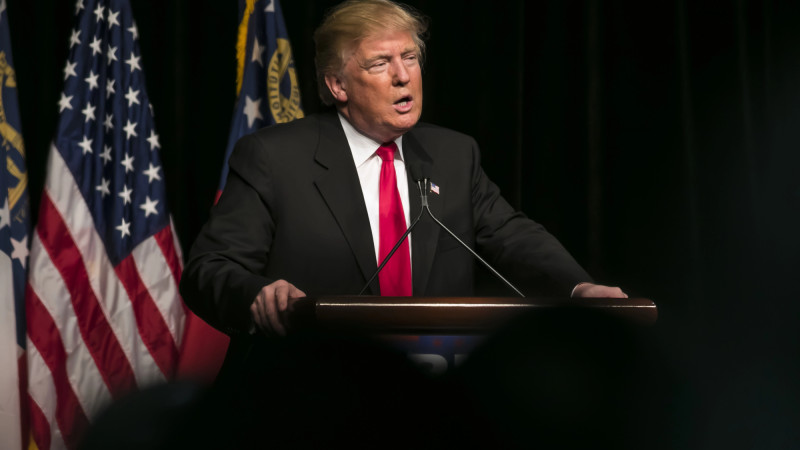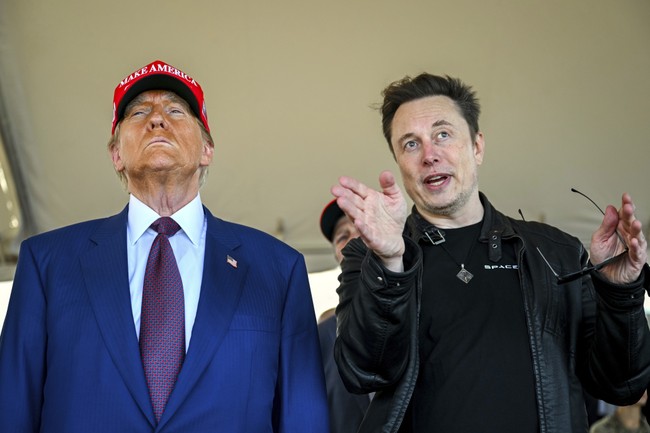Trump's Global Oil Plans and Their Impact
Explore how Trump's energy strategies and policies could reshape global oil markets, challenge economic growth, and specifically affect countries like Kazakhstan and the Dominican Republic.
Published January 26, 2025 - 00:01am

Image recovered from en.tengrinews.kz
Recent developments in U.S. energy policies under President Donald Trump's administration, often referred to as Trumponomics 2.0, could have significant impacts on both global oil markets and several national economies. A core component of this policy includes increased oil and gas production domestically, which is intended to strengthen the U.S. economy through enhanced energy independence. Trump's approach encompasses removing regulatory barriers, introducing high import tariffs, and withdrawing from international agreements such as the Paris Climate Agreement, as experts from Kazakhstan and beyond have assessed.
Financial analysts have raised questions about the potential for Trumponomics to drive oil prices to as low as $50 per barrel, a figure that would strain Kazakhstan's economy, which has budget plans based on oil prices at $70 per barrel in its base scenario. Kazakhstan, as a significant oil producer, faces potential fiscal instability from such price volatility, yet it also has contingency plans to address these challenges.
In the broader context, the global energy market might experience shifts in demand and supply dynamics resulting from Trump's oil-centric policies. The energy market observers noted cautious market reactions, as seen with only slight decreases in Brent oil prices recently, though significant changes are expected to unfold over the medium term. The U.S. exit from the Paris Climate Agreement exemplifies a strategy to lift environmental constraints, which may provide the U.S. with a competitive advantage but at a potential environmental cost.
Meanwhile, tariffs announced by Trump could reshape international trade relations, potentially slowing economic growth in countries like China, which is a primary driver of the global economy and a significant factor in oil market dynamics. Analysts are particularly concerned about how these tariffs might reduce Chinese exports to the U.S., potentially lowering global economic growth and putting downward pressure on oil prices.
In this intricate international landscape, developments in U.S. policy have ramifications not only for American domestic economics but also for countries across the globe. For instance, in the Dominican Republic, where energy costs are a significant economic factor, Trump's policies could lead to reduced oil and gas expenses. This scenario suggests potential fiscal relief and reduced economic strain from traditionally high energy imports.
A review of Trump's planned measures reveals they aim to accelerate energy project authorizations and promote domestic drilling, ideas that could reshape global stage dynamics. Discussions on potential sanctions against major energy players like Venezuela further complicate these geopolitical energies, influencing both U.S. domestic policy and international markets.
In sum, Trump's energy and economic policies present a complex tapestry of potential outcomes for multiple countries and economic sectors. While aiming for U.S. economic reinforcement, these moves might lead to reduced global oil prices, altered international trade dynamics, and significant implications for countries dependent on energy imports or exports.






